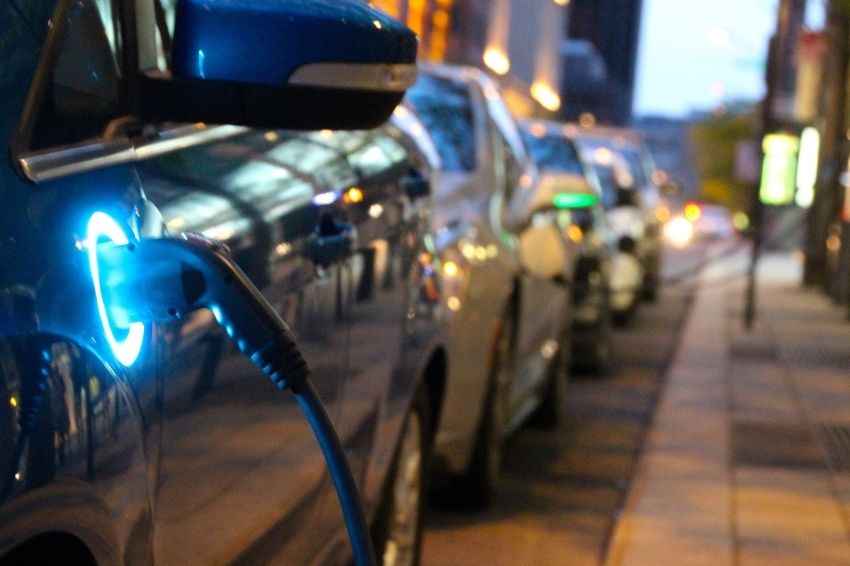Sales of electric vehicles in Brazil reached a record in 2020. According to ABVE (Brazilian Electric Vehicle Association), there was an increase of 66.5% in registrations compared to 2019.
According to the association, the number jumped from 11,858 units in 2019 to 19,745 last year. In December 2020 alone, 1,949 vehicles were sold.
It was the first time that the electrified segment reached 1% of the total automobile and light commercial vehicle market (1,950,889), according to Fenabrave (National Federation of Motor Vehicle Distributors).
With this result, the total fleet of electric or hybrid cars in circulation in Brazil now reaches 42,269 units.
Exponential growth
According to ABVE, the 19,745 units sold in 2020 represent an increase of 66.5% over 2019 (11,858), 397% over 2018 (3,970), 499% over 2017 (3,296) and 1.709% over 2016 (1,091).
“We have to interpret these numbers in two ways. On the one hand, we must celebrate the fact that electric cars have reached 1% on the market. It is an important symbolic brand”, stated Antonio Calcagnotto, director of Light Vehicles at ABVE and director of institutional relations and sustainability at Audi do Brasil.
“But it is clear that we are still a long way from a significant share of the total market. Therefore, we must insist on measures to support electric mobility”, he added.
ABVE defends, for example, the equivalence of the IPI (Tax on Industrialized Products) on electrified vehicles to the rate for most common vehicles.
“Why does a 1.0 flex combustion car pay 7% of IPI and an electric or hybrid vehicle, which is much more efficient and non-polluting, has to pay 13%, 18% or even more?” asked Pedro Bentancourt, vice-president of Vehicles Leves from ABVE and director of government relations at Nissan do Brasil.
“The ideal would be to zero the IPI on electric and hybrid vehicles. At a minimum, our products should pay the same basic rate already paid by the majority of the market. It’s not just a question of energy efficiency, it’s also a question of public health”, he highlighted.
Electrostations
Other demands defended by ABVE are: reduction of IPVA (Motor Vehicle Tax), programs to install charging stations on the roads and incentives for the electrification of public fleets and sharing service providers.
Currently, Brazil has around 350 charging points on highways and public places, such as shopping malls and gas stations, according to the application from Tupinambá Energia, a startup focused on infrastructure for electrified vehicles.
In November, the association also prepared the ABVE Charter for Electromobility, which proposes a set of measures to support sustainable transport in cities.
The Letter was sent to the main candidates for mayor of 14 Brazilian capitals, before the last elections.
Sustainable trend
Data from Fenabrave indicate that total registrations of cars and light commercial vehicles fell by 26.6% in 2020, compared to 2019 (1,950,889 against 2,658,692).
“Once again, electrified vehicles showed their potential, in clear contrast to the evolution of the entire market,” said Adalberto Maluf, president of ABVE.
“In these times of Covid-19, the Brazilian consumer has made a clear commitment to non-polluting and sustainable vehicles. He chose to protect his health and the health of society”, he concluded.
















